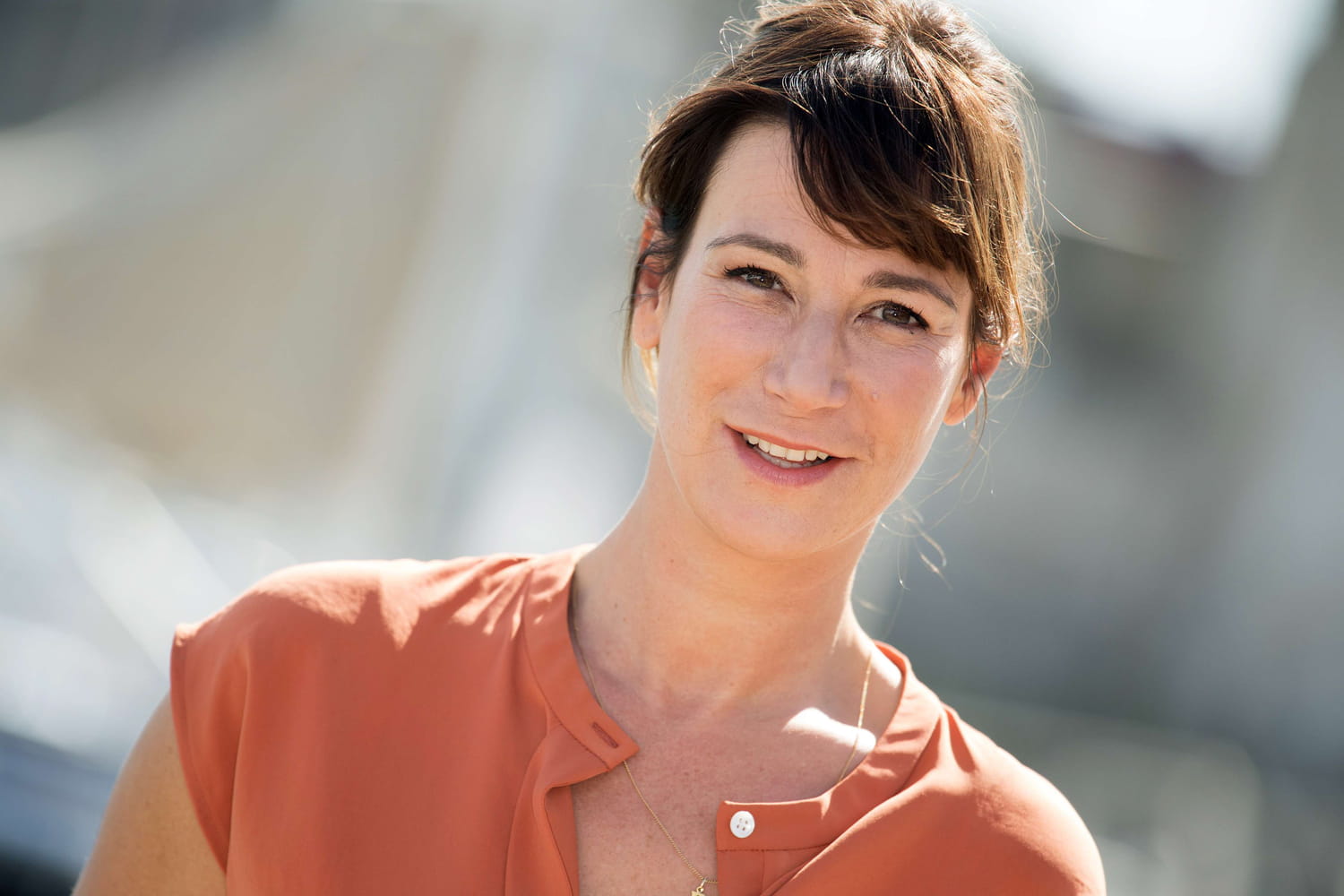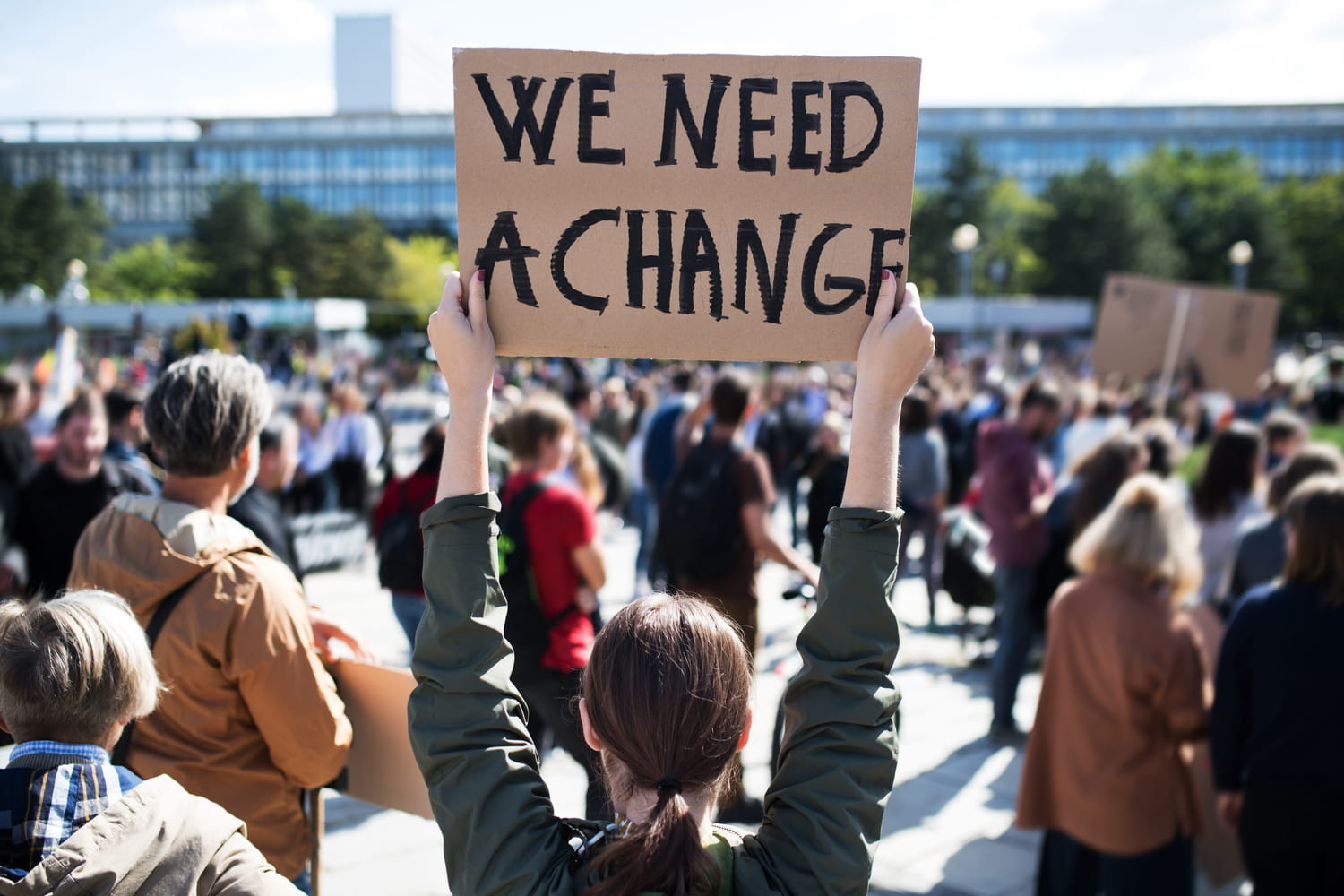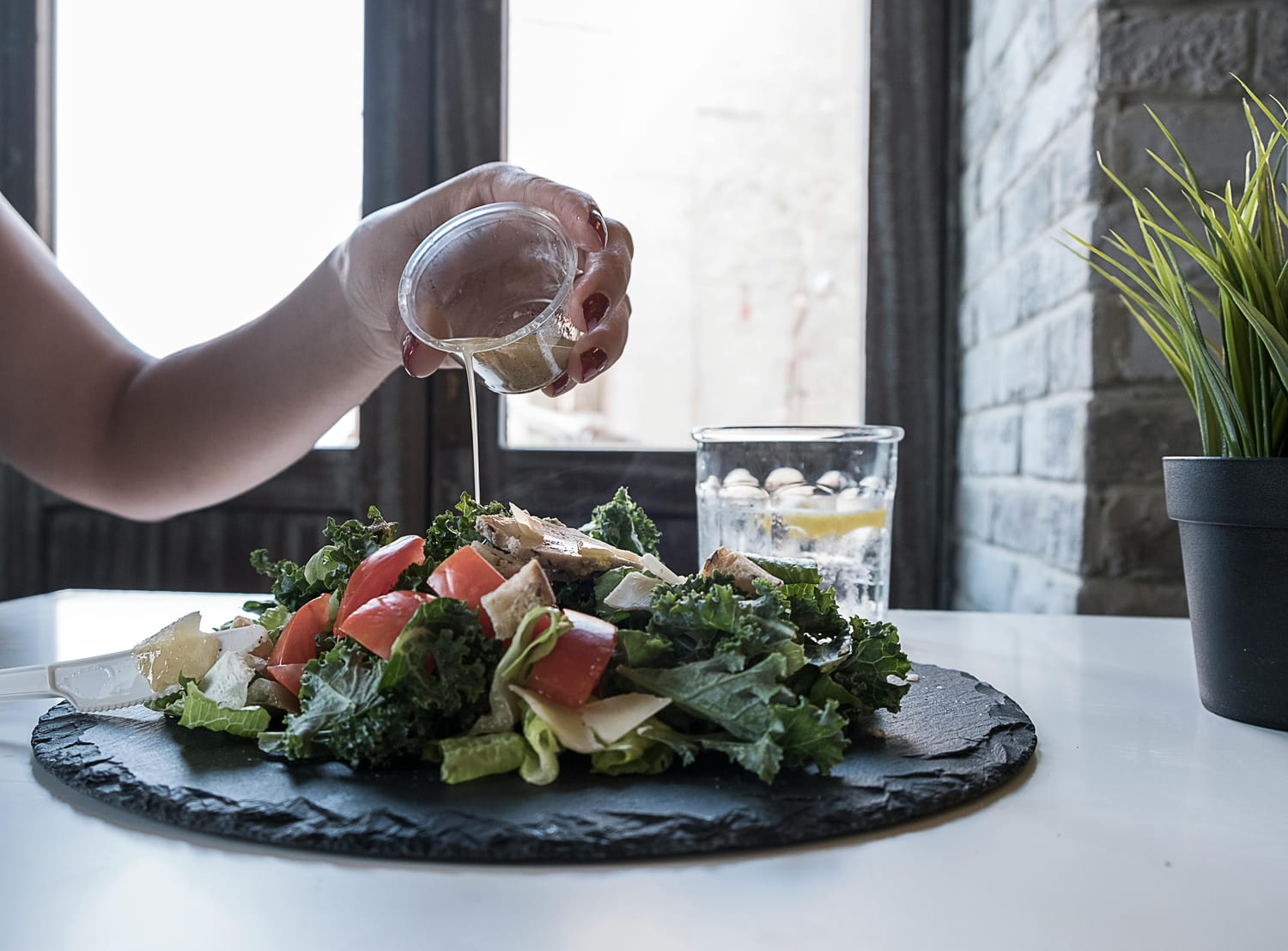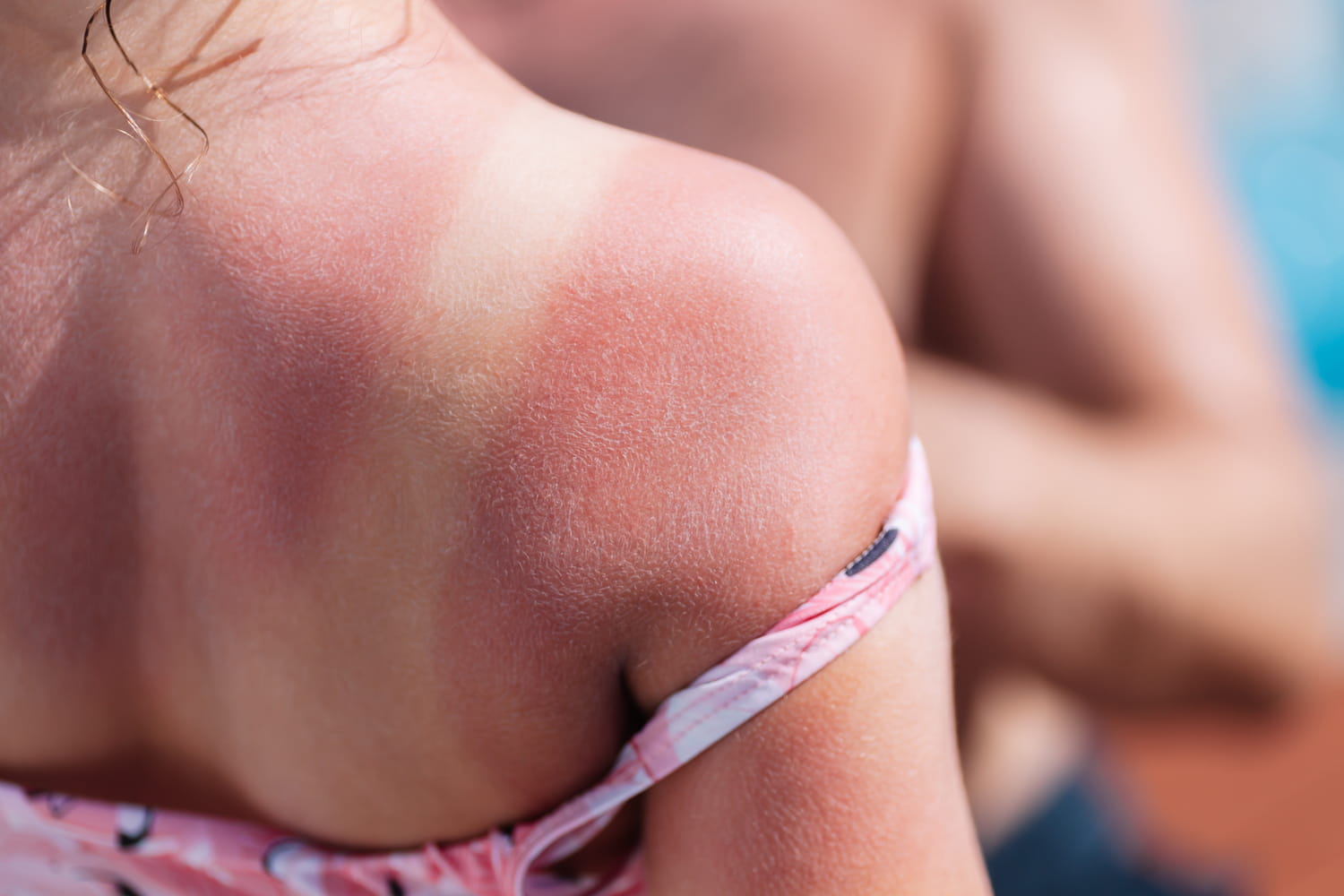Save energy, but also lighten your mental load? A small revolution is being set up.
Household chores occupy a large place in our lives. They come back, again and again, like a striped disc. And among them, there is one that is particularly time -consuming and often heavy for families. What if we could free it, a little, a lot? This is precisely what a movement that seduces more and more followers. A simple, radical, almost provocative gesture, but with surprisingly positive effects.
He is already a hit across the Channel and across the Atlantic, and begins to gain ground here. Popularized by stylist Stella McCartney in 2019, he is based on a simple principle: washing less, or even much less. By ecological conviction, for the sake of economy or just to breathe a little more on a daily basis. This movement is No Wash Movement and it could well revolutionize the chore of linen as we know it today.
Why does it appeal? Because the profits are concrete and immediate. First for the planet: we reduce its consumption of water and electricity. Then for clothes: each washing, they lose a little of their brilliance, their color, their outfit. The less we wash them, the more they last. And finally – especially – for yourself: fewer managing machines, it’s more free time, less mental load, more lightness in the head. But beware, it’s not about living in the middle of dirty laundry. The goal is not to flee any hygiene, but to rethink our habits. The movement highlights the fact that a garment worn once is not necessarily dirty. It can be ventilated, shaken, handed over. Everything is a question of dosage: knowing how to distinguish what must really be washed from what can wait. John, for example, can be worn several times before switching to the machine, unless it is stained or it smells bad. Same thing for sweaters, sweatshirts or jackets, which very well support several uses. It is often enough to ventilate them one night in the open air, or hang them in the bathroom during a hot shower: steam helps “refresh” the fibers. Another tip: locate areas at risk. A small damp sponge or a brush shot on the collar or under the arms may be enough to give a stroke of clean without washing the whole garment.
ADEME (ecological transition agency) also gives some useful advice: correctly fill your machine, use the eco program (to save 15% on its electricity bill), avoid too frequent cycles. Simple gestures, but that can change the situation.







